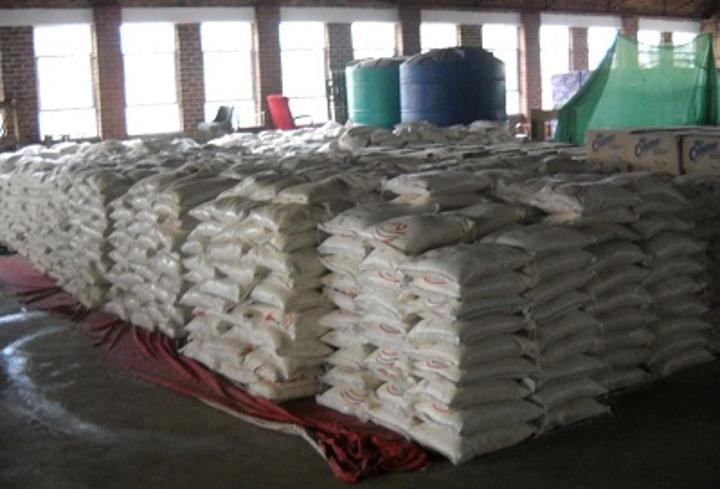Africa-Press – Lesotho. The Lesotho Vulnerability Assessment Committee (LVAC) has published its annual results on the food and nutrition security and vulnerability. The report which was published last week Wednesday says an estimated 766, 169 population is food insecure. This is said to be necessitated by the increased food prices, of maize meal by 12 per cent and 16 per cent wheat
flour. It also attributed this soaring to the risen inflation from 7.5 per cent in December to 8.9 per cent in April. “Both rural and urban populations are likely to experience severe food insecurity for the consumption year 2020/2021,” says the report. The inflation across the board is projected at 4.2 per cent according to this report.
According to the LVAC this gloomy picture is caused by the outbreak of the COVID-19 pandemic which had stifled the global economy due to lockdowns which saw the non-essential businesses
temporarily close and countries banning international travel as restrictions to curb the spread of the fatal virus. The decreases in remittances, loss of
employment, decreased income from livestock and increased commodities prices are the factors which have been attributed to contribute to the increase in
food insecurity. It says the decrease “…in crop production is estimated at 30% less compared to last year (2020) crop production. ” The committee further quotes the
Lesotho Meteorological Services (LMS) weather forecast which predicts “normal to below normal rains” expected from July to October this year. The crop production is estimated to
decrease by 30 per cent compared to last year. They (VAC) project that both urban and rural based populations will feel the pinch of food insecurity. The report holds that “high rates of
malnutrition are anticipated due to decreased access to food as a result of both increase in food prices and loss of main livelihood sources [and] poorer
households are anticipated to employ coping strategies that are not acceptable if immediate action is not taken. ” The committee goes on to project that
the households will need to receive the subsistence’s to cushion them against this backdrop for a period of six months starting from August to January
2021. The committee further says the supply chains have been disrupted in March and April at the first lockdowns resulting from the COVID-19 outbreak. Meanwhile, the International Monetary
Fund (IMF) had recently commented on the current Lesotho’s economic climate in its statement. “The COVID-19 pandemic is having a severe social and economic impact on Lesotho.
Disruptions to supply chains for major industries and a national shutdown to contain the virus have led to sharp drop in production,” reads the IMF report.
The Washington based organization had last month approved a loan of $49.1 million to Lesotho equivalent to M856 million which is said to counter the COVID-19
impact on the economy and assist the vulnerable members of the public. The LVAC was established in 2002. It is a committee within the office of the Prime Minister through the Disaster
Management Authority (DMA) and it is made up of the members from the different government ministries, United Nations organizations and the representation of the Private Sector.
For More News And Analysis About Lesotho Follow Africa-Press






